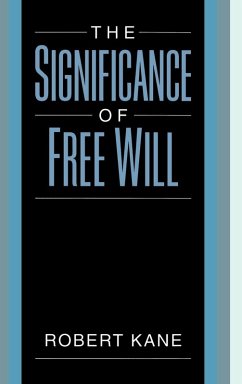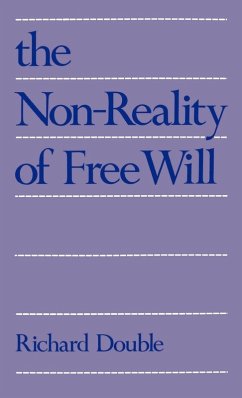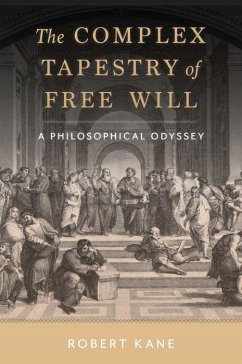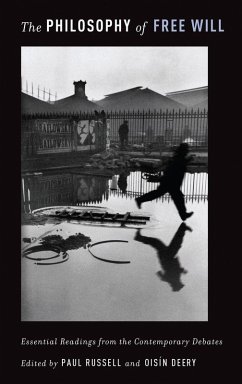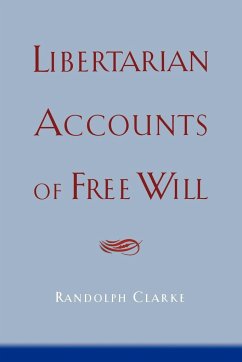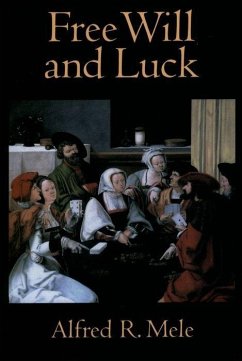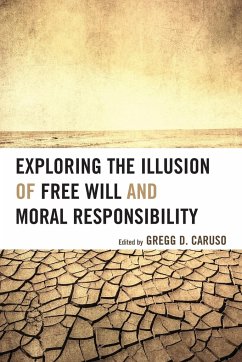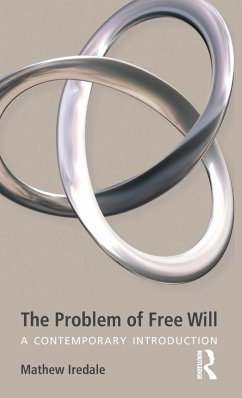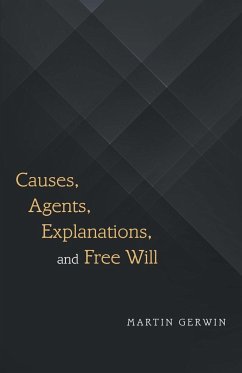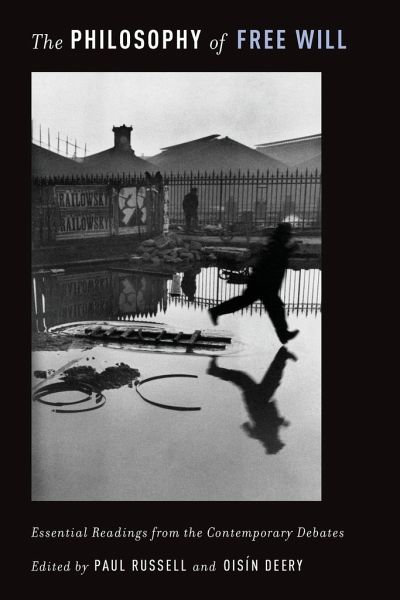
The Philosophy of Free Will
Essential Readings from the Contemporary Debates
Herausgeber: Russell, Paul; Deery, Oisin

PAYBACK Punkte
38 °P sammeln!
The problem of free will is one of the great perennial issues of philosophy and has been discussed and debated over many centuries. The issues that arise in this sphere cover both metaphysics and morals and concern matters of central importance not only for philosophy but also for law, theology, psychology and the social sciences. What is at stake here is nothing less than our self-image as responsible moral agents who are in control of our own destiny and fate. The investigations and findings of modern science are judged by many to put skeptical pressure on this self-image and may challenge its credibility. During the past few decades the free will controversy has developed and evolved in exciting and significant ways. All the major parties involved in this debate have had to revise and amend their core positions with a view to responding to the sophisticated and searching arguments put forward by their critics and opponents. The papers collected in this volume represent the most essential and indispensible contributions to the contemporary debate. The specific topics covered include: moral luck, skepticism and naturalism, the consequence argument, alternate possibilities, libertarian metaphysics, compatibilism and reason-responsive theories, illusionism and revisionism, optimism and pessimism, and the phenomenology of agency, as well as contributions relating to neuroscience and experimental philosophy. The collection is arranged in a way that presents the topics covered in a structured and organized manner. The general aim is to provide an effective guide for students and readers who are new to the field, as well as a useful collection for those who are already familiar with the topics and contributions. The contributors include many of the leading and most distinguished figures in the field, along with a number of younger scholars who have already had an impact and produced significant work.
This collection provides a selection of the most essential contributions to the contemporary free will debate. Among the issues discussed and debated are skepticism and naturalism, alternate possibilities, the consequence argument, libertarian metaphysics, illusionism and revisionism, optimism and pessimism, neuroscience and free will, and experimental philosophy.




